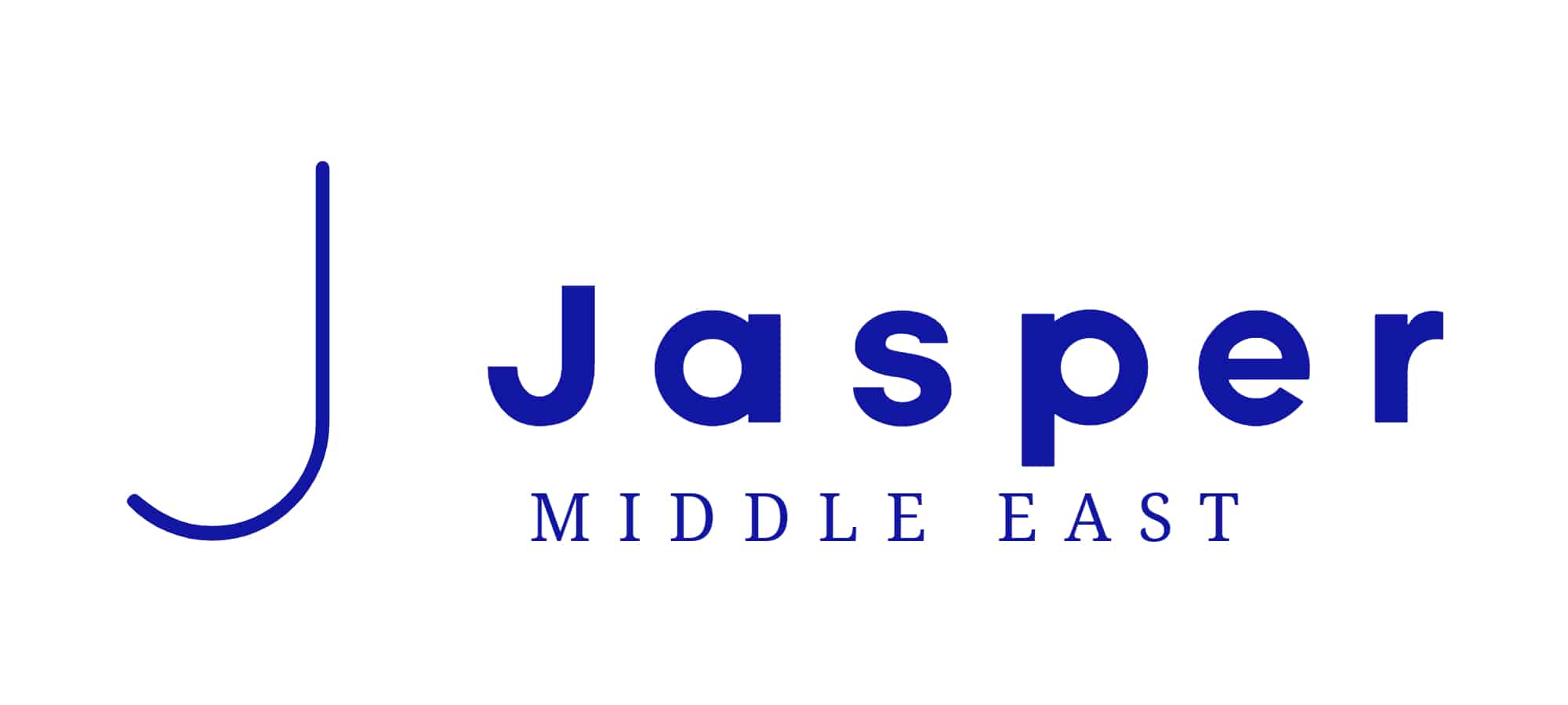When it comes to finding a new job or advancing in your career, your CV (curriculum vitae) or resume is one of the most important tools you have. A well-written CV can open doors to new opportunities, while a poorly written one can leave you in the reject pile. So, how to write a CV that will get you noticed by potential employers? In this comprehensive guide, we’ll take a look at what makes a great CV, the key elements you need to include, and the best practices for formatting and structure.

The Elements of a Great CV
When writing your CV, it’s important to keep in mind that your goal is to sell yourself to potential employers. You want to highlight your skills, experience, and accomplishments in a way that showcases your unique qualities and makes you stand out from the competition. Here are the key elements you need to include in your CV:
Personal Information: Start your CV with your personal information, including your full name, address, phone number, email, and your Linkedin profile link. Adding your Linkedin profile link is very important as a lot of hiring nowadays happens on Linkedin. Also, see to it that your Linkedin profile matches with your CV.
Objective or Summary: An objective or summary is a brief statement that sets the stage for your CV and provides a snapshot of your skills and experience. This section should be short and focused, making it easy for potential employers to quickly understand what you bring to the table.
Education: List your educational background, including the name of the school, the degree you earned, and the dates you attended. If you have a degree in a relevant field, be sure to highlight it.
Work Experience: List your previous employment, including the company name, your job title, and the dates you worked there. In this section you not only need to include a brief description of your responsibilities, but you should also mention your achievements in each role. Use quantifiable metrics to show the impact you have made in your previous positions. When selecting which experiences to include in your CV, focus on those that are most relevant to the job you are applying for. Don’t exaggerate your achievements or responsibilities, as this will likely be discovered during the interview process.
Skills: List your relevant skills, including both technical and soft skills. Emphasize the skills that are most relevant to the job you’re applying for.
Awards and Accomplishments: Highlight any awards, certifications, or other accomplishments demonstrating your expertise and ability to perform.
Additional Information: This section can include anything else that you think would be relevant to potential employers, such as volunteer work, publications, or professional memberships.
The Best Practices for Formatting and Structuring your CV
Once you have all the key elements in place, it’s important to consider the format and structure of your CV. A well-formatted CV is easy to read, visually appealing, and professional. Here are some best practices to keep in mind:
Be Brief: This is the most important tip on how to write an effective CV. Keep your CV to one or two pages and avoid using lengthy paragraphs or bullet points.
Keep it Simple: Avoid using elaborate fonts or graphics, and stick to a clean, professional design. Use a clear and professional font, such as Arial or Times New Roman, and avoid using fancy graphics or images. Keep in mind when a company or a recruiter is going through CVs for a position, at times they have to go through hundreds of CVs, so if your CV is complicated and has a lot of unnecessary information then chances are that it won’t be noticed.
Be specific: Be as specific as possible when describing your experiences. For example, instead of simply saying “Managed a team,” specify how many people you managed and what your responsibilities were.
Use action verbs: Start each bullet point with an action verb to make your CV more dynamic and engaging. Action verbs are words that describe specific actions, such as “managed,” “led,” or “created.” Starting each bullet point with an action verb puts the focus on your accomplishments. For example, instead of writing “Responsible for managing a team,” you could write “Managed a team of 10 individuals and ensured successful project completion.” This emphasizes the action you took and the impact you made, making your CV more powerful and memorable.
Avoid using cliches: Phrases such as “team player” and “hard worker” are overused and do not add value to your CV. Instead, provide concrete examples of how you have demonstrated these traits in the past.
Use Keywords: Many companies use applicant tracking systems (ATS) to filter through CVs, so be sure to use keywords relevant to the job you’re applying for.
Tailor Your CV to the Job: Tailor your CV to the specific job you’re applying for by emphasizing the skills and experience that are most relevant to the position. This will show the employer that you are serious about the position and have taken the time to research the company.
Keep it updated: Regularly update your CV to reflect any new experiences or skills you have acquired.
Proofread: Finally, be sure to proofread your CV multiple times to catch any spelling or grammar errors. These small mistakes can be costly and make a negative impression on the employer.
Get feedback: Ask friends, family, or colleagues to review your CV and provide feedback. This can help you identify areas for improvement.
Customize your email subject line: When sending your CV via email, make sure to include a customized subject line that accurately reflects the position you are applying for.
In conclusion, writing a CV is a crucial part of the job search process. By highlighting your skills, experience, and accomplishments in a clear, brief, and professional manner, you can make a strong impression on potential employers and land your next job. So, follow these best practices, be confident, and good luck with your job search!
About the Author

Ritu Bhatnagar is a seasoned recruiter with over 15 years of experience in the industry. She founded her own recruitment agency, Jasper Middle East, which specializes in placing top talent in diverse industries. It has offices in UAE and India. Ritu is passionate about connecting businesses with the best talent available and has built a reputation for providing high-quality service. When she’s not recruiting, Ritu can be found exploring her love for fitness and practicing yoga.

One thought on “How to Write a CV to get Hired”
Comments are closed.